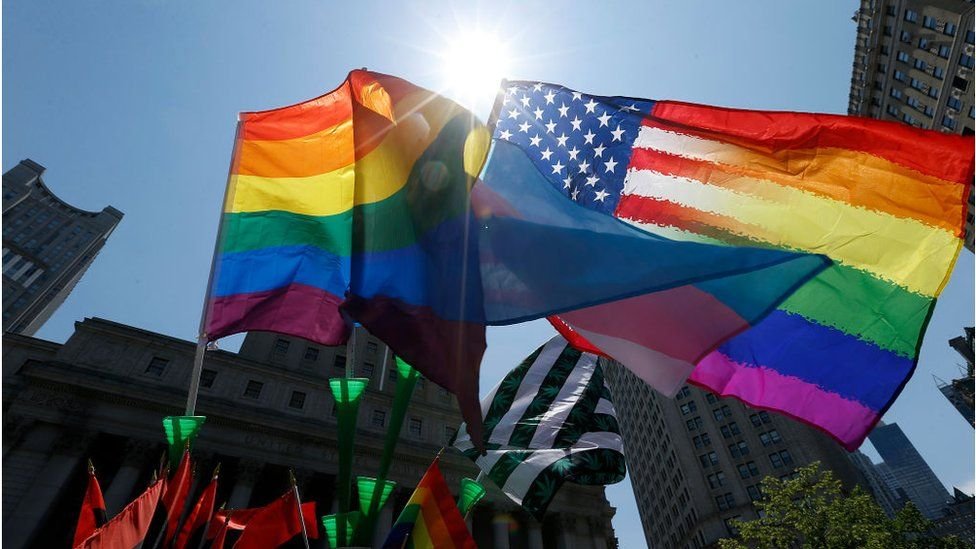Thriving LGBTQ Equality Policies: How More Cities Succeed Amidst Hostile Legislation

06-07-2023
According to a Human Rights Campaign report, cities and municipalities embrace greater LGBTQ-inclusive measures amidst a surge of LGBTQ-related legislation at the state level.
In its report, the index evaluated over 500 cities, encompassing the 50 state capitals, the 200 largest cities in the U.S., the five largest cities or municipalities in each state, as well as the cities hosting the two largest public universities in each state. The 2022 scorecard assesses municipalities on various criteria, such as non-discrimination laws, LGBTQ-inclusive employment practices, and the track record of city leadership in promoting LGBTQ equality. According to the Human Rights Campaign (HRC), a remarkable 120 cities achieved a perfect score of 100 in 2022, marking a substantial increase from the initial index in 2012, where only 11 cities achieved this feat. The national average score for cities also reached an all-time high of 68 points, marking the fifth consecutive year of national average improvements. Notably, these advancements occurred even as the HRC raised the standards for credit in key areas. Additionally, nearly all cities with a perfect score of 100 provided hate crime statistics to the FBI, designated an LGBTQ liaison to their city executive and implemented contractor non-discrimination policies that encompass gender identity.
Addressing Protection Gaps: Cities in Non-Discrimination Law-Lacking States Take the Lead
The American Civil Liberties Union (ACLU) has compiled data revealing the introduction of over 200 anti-LGBTQ bills in state legislatures throughout 2022. This wave of legislation has a particularly significant impact on young individuals, who exhibit the highest rates of LGBTQ identification across generations. Nevertheless, a noteworthy trend emerges as 80 cities located in 20 U.S. states, where comprehensive non-discrimination statutes specifically safeguarding sexuality and gender identity are absent, have surpassed 85 points on the index. This represents an increase from 74 municipalities in 2021 and a mere five cities in 2012, according to the report.
These cities are effectively bridging the gaps in state-level protections through the implementation of municipal legislation. Such measures encompass non-discrimination policies, trans-inclusive health benefits for city employees, and the provision of LGBTQ-inclusive services for residents.
